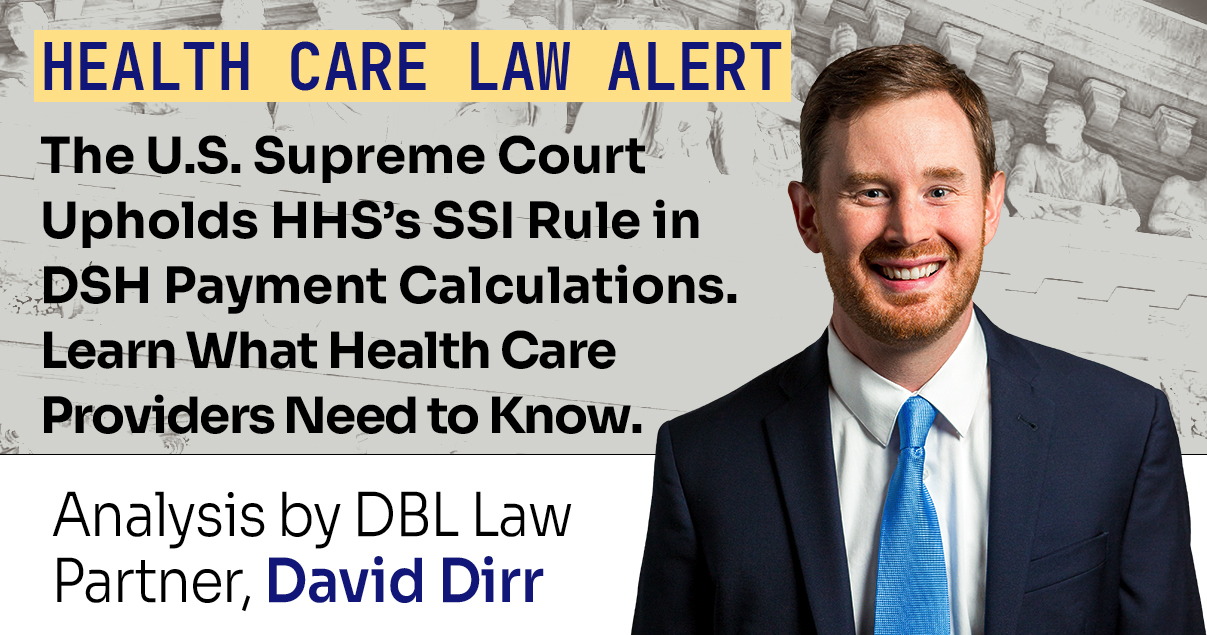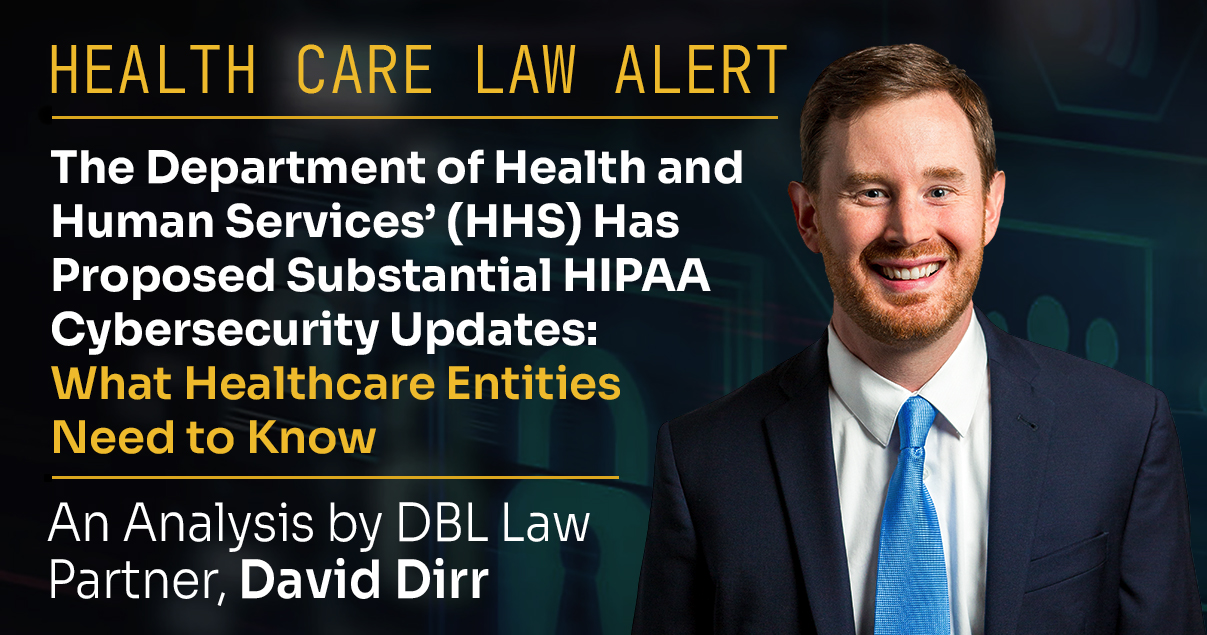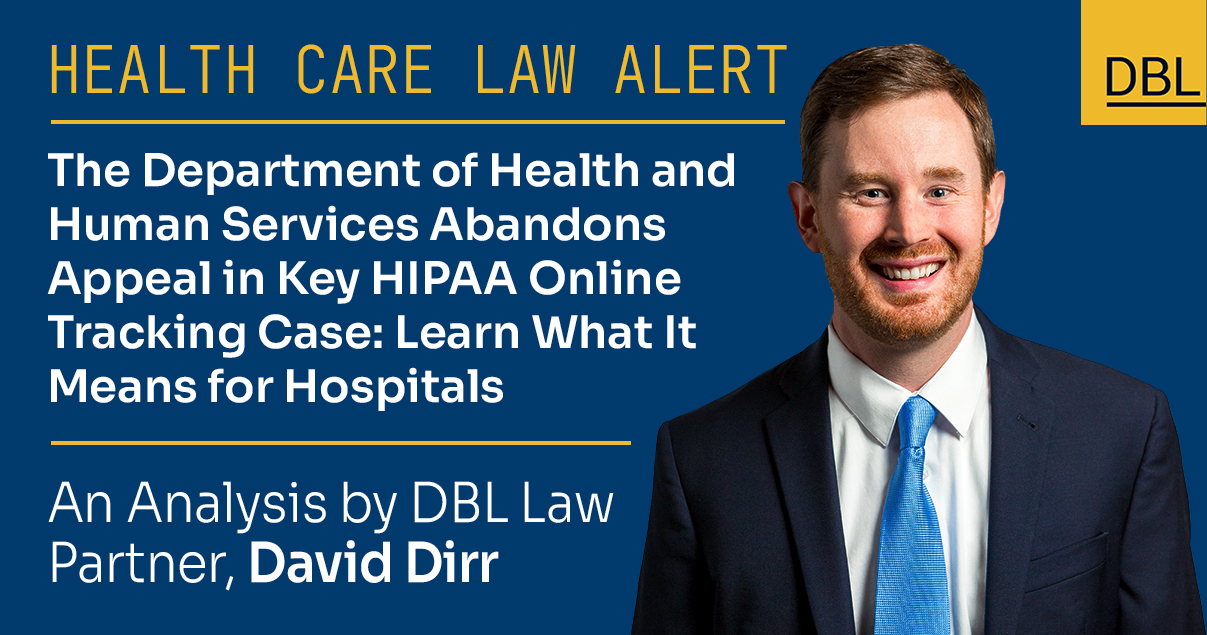The U.S. Supreme Court has issued a significant ruling in Advocate Christ Medical Center v. Kennedy, siding with the Department of Health and Human Services (HHS) in a 7-2 decision regarding the calculation of Disproportionate Share Hospital (DSH) payments.
Key Takeaways:
- Issue at Hand: The dispute centered on whether HHS had to count all patients enrolled in the Supplemental Security Income (SSI) system at the time of their hospitalization or only those patients who were eligible to receive an SSI cash payment during the month of their hospitalization when calculating DSH payments to hospitals.
- Supreme Court’s Decision: Justice Amy Coney Barrett, writing for the majority, concluded that only patients who were eligible to receive SSI payments during the month of their hospitalization should be included in the DSH calculation. This interpretation aligns with HHS’s stance.
- Implications for Hospitals: Hospitals argued that this narrower interpretation could reduce Medicare funding by approximately $1.5 billion annually, potentially impacting facilities serving low-income populations.
What This Means for Health Care Providers:
This is the second Supreme Court decision in recent years that has upheld HHS’s narrow interpretation of Medicare laws. The result has been smaller DSH payments to hospitals.
For guidance on navigating this decision’s implications or assistance with DSH payment calculations, please reach out to:
David Dirr
Partner, DBL Law
Health Care Practice Group
Email: ddirr@dbllaw.com





